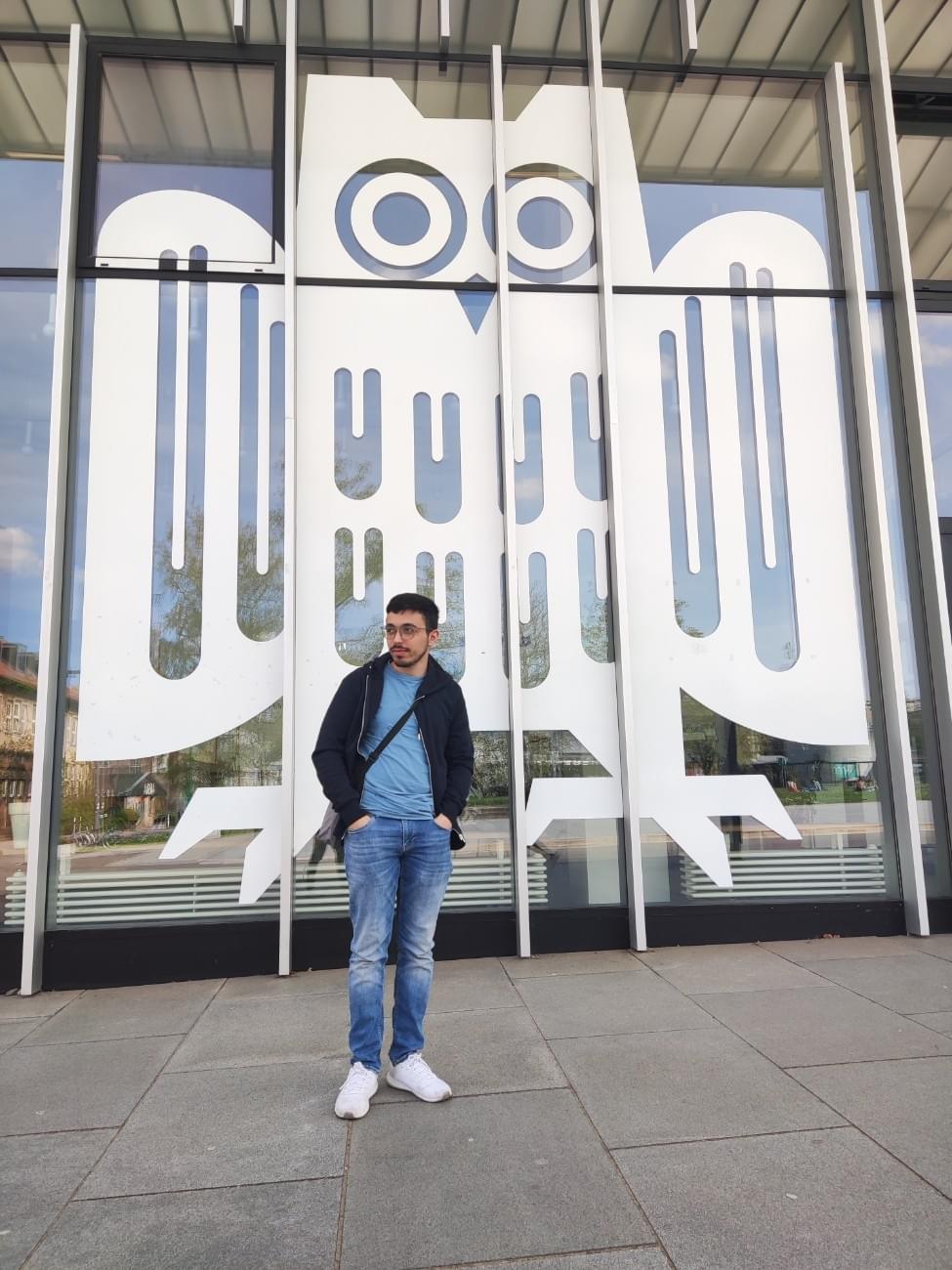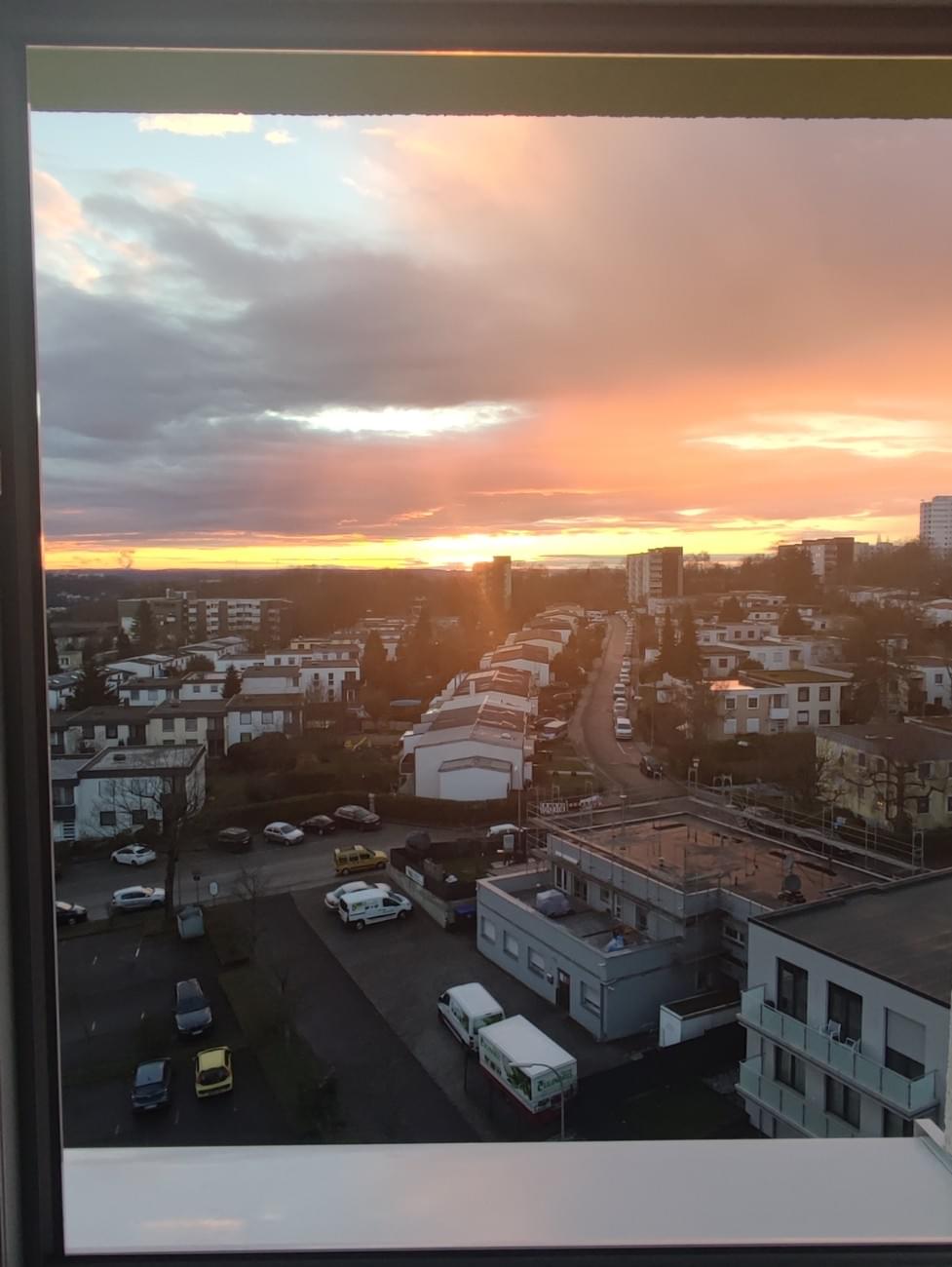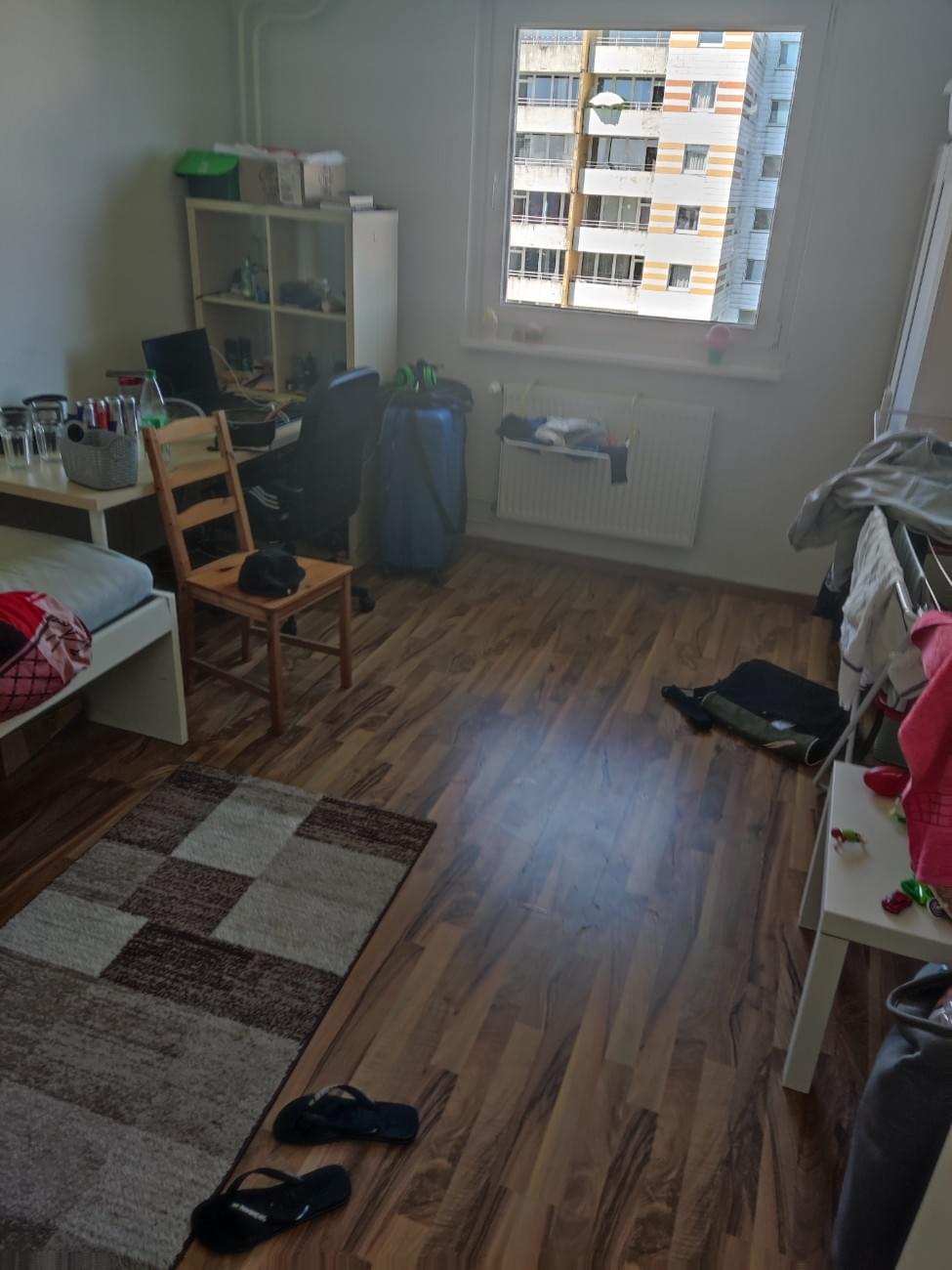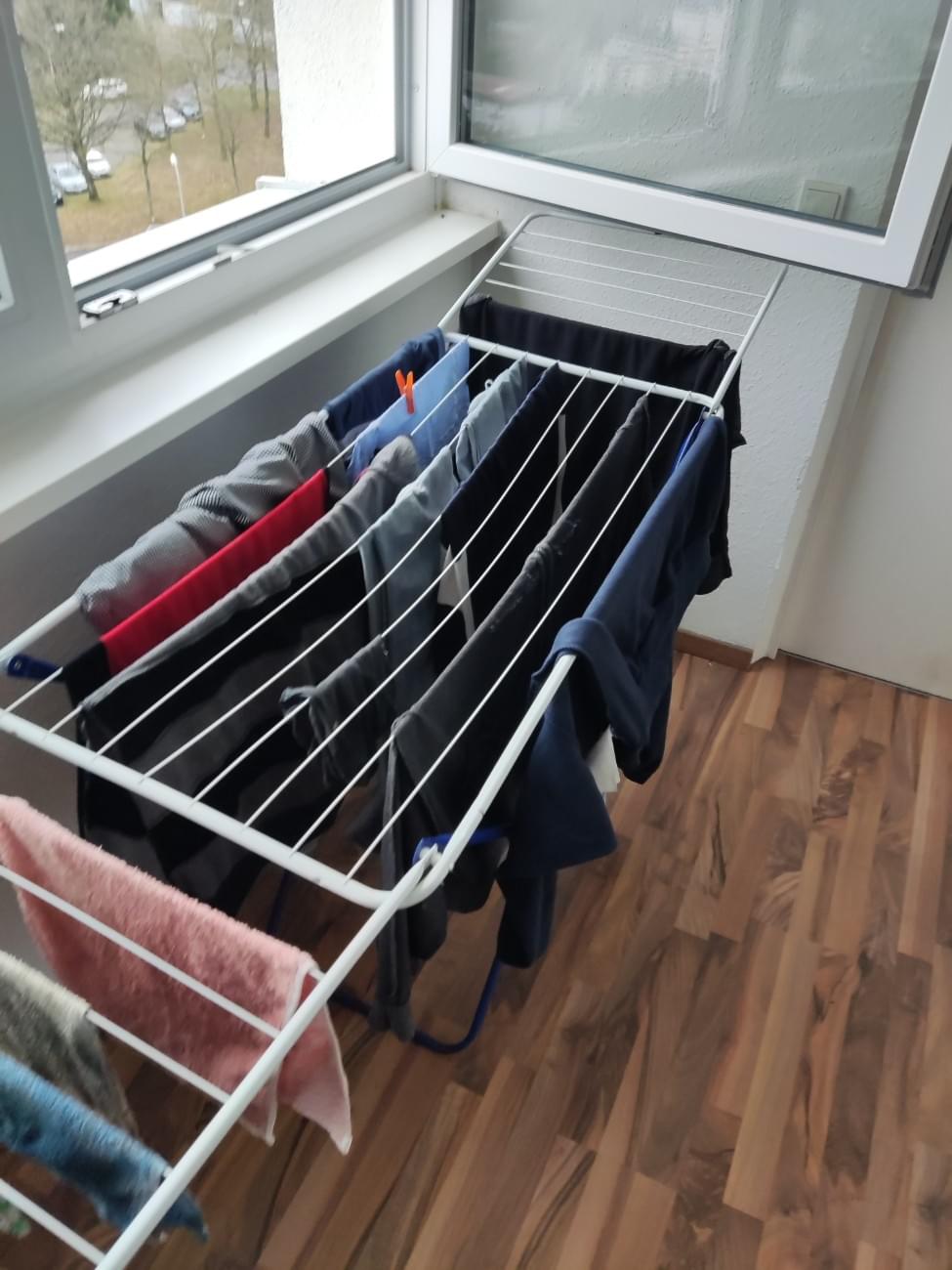What Students Say
Likes
- Activities like Karaoke, Pub Crawls, etc for international students
- Low semester contribution (fees)
- Semester ticket includes travel all throughout Germany (most public transports excluding some)
Dislikes
- Different values (relationships, social causes, etc.)
- Hard to get into German social circles as people already have groups
- Need for German language to integrate or for finding jobs
Course Curriculum
- The difficulty level of the courses can vary, but generally, the course plan is designed to be challenging yet rewarding. It often includes a mix of theoretical and practical components, ensuring that students gain the necessary theoretical as well as practical skills.
- One positive thing about the course is knowledge is imparted from professors with exceptional professional background in relevant fields and the flexibility to choose modules based on interest.
- One negative thing about the course is that it validates the myth that Indians are attracted to IT jobs as you can find a vast number of them trying to take up courses with no interest in the topics.
Admission Experience
-
1. Universität des Saarlandes, Germany
I applied to Universität des Saarlandes for two courses as it was possible and mentioned in the portal. For Data Science and AI, I was rejected as my CV and cover letter suggested strong interest in Cyber Security while I was accepted for Cyber Security.
I received a letter of confirmation within two months of application for Cyber Security while the rejection for the other course I applied to came way earlier.
2. University of Warwick, UK
My first motivation letter was generic and lacked the required standard and relied on my academic background to get admissions but this was the first University which pointed this out. They gave me a second chance for a video SOP (Statement of Purpose).
Initial Motivation letter - Rejected
Video SOP - Accepted3. Coventry University, UK
MSC Computer Science
I received a conditional offer requiring me obtain student visa pay, pay the second installment of fees once I receive the visa and to produce the official transcripts as the final step.
4. Deakin University, Australia
Master of Cyber Security (Professional)
Accepted within 1-2 weeksUnconditional offer letter
5. Royal Holloway, University of London, UK
MSc Information Security with a Year in Industry
Unconditional offer letter within 1-2 weeks
6. Queensland University of Technology (QUT), Australia
Master of Information Technology
Unconditional offer letter within 1-2 weeks7. Griffith University, Australia
Conditional offer for Master of Cyber Security
- The next step was to pass the GTE interview, provide attested copy of UG degree, accept the offer and make the initial tuition fee payment to the University at the earliest.
- There were around 10+ universities from the UK and Australia that I got accepted from and I got them with purely based on my academic skills where my motivation letter wasn't the prime focus.
- And only 1-2 universities in the UK from where I got rejections like Oxford University where there were mismatches of subjects or required much more Mathematics background.
- The two main reason for choosing Universität des Saarlandes were that MSc Cyber Security was an English taught program and there was no application fees.
- Most Universities in the UK and Australia had high tuition fees which I wasn't willing to pay when I had above average grades which is why I never proceeded with those offer letters.
- The admission process involved submitting our academic details like marks secured or expected marked in case the results weren't out at the time of application. It also involved submitting letters of Reference/Recommendation, a motivation letter as well as transcripts. Some Universities required certificates for extra-curricular activities as well as internships that support your academic background and skills. The better the University would be the harder they scrutinize the submitted documents. I tried to be as honest as possible with my academic background which is why most of the Universities were quick to offer me an offer letter.
- All of the Universities had a requirement for IELTS with a score of not less than 7 and no individual score less than 6. Although there were minor variations in the requirements where some required only 6.5 in total.
- There are basically two intakes in University des Saarlandes - the summer and the winter intake. The summer intake is in April which is the one I applied to and winter intake is in October. The application process starts more than 5 months in advance and closes very quickly. I applied by November mid and got the response by December end for the Summer semester.
Class Schedule
- Typically, classes are scheduled throughout the day, with most classes starting in the morning and continuing into the afternoon. The exact schedule can vary depending on the choice of modules and the course.
- The average class size at Saarland University varies depending on the lecture. Lectures are accompanied by tutorials allowing for more personalized attention from professors/tutors. This can be beneficial for students who prefer a more intimate learning environment.
- Universität des Saarlandes does attract a diverse international student body which includes a vast majority of Indian students. Even though I don't know the exact number, 40-30% are Indians in the Computer related courses.
Faculty
- "I chose to live away from campus.
- Before locating my flat, I browsed through several websites and student housing networks. Some of the students use social media platforms like Discord and WhatsApp groups to find accommodations for rent, while others used websites like WG Gesucht. A helpful resource for researching housing options was the university's website.
- The cost of my monthly rental, which included utilities like heating and water as well as furnishings, was around €305. Some housing facilities provided additional benefits such as shared living spaces and laundry facilities.
- The search for a suitable place to live requires a great deal of patience speaking from personal experience.
- My advice for prospective students would be as follows: Start your search a few months early to uncover the most suitable alternatives..Try to actively look in online forums or join student groups on social media for possible leads..A basic level of German would help in the long run.Be wary of potential scams. It is advisable to visit the rental property in person or ask for a virtual tour before making any commitments.
- I was about a 45-minute commute via public transport to the university campus, which made getting to classes pretty easy. I really appreciated this convenience, even though there are places closer with shorter travel times.
- Many Indian students prefer homes that are well-connected by public transport and often share apartments to save on costs. Most housing options aren’t subsidized, and neighborhoods like Dudweiler and Alt-Saarbrücken are popular choices."
Campus Life
- Saarland University has three main campuses located in Saarbrücken, Homburg, and Dudweiler. The campuses feature comprehensive facilities, including libraries, sports facilities, and medical services.
- Major Events and Clubs Popular events include the ASta Music Festival and Night of the Profs. The university also has a variety of clubs, hangout locations and bars.
- Extracurricular Activities Students can engage in sports, music, theatre, film, and debate clubs, such as the Hochschulsport, ASta, ZiS, etc.
Part Time Jobs
-
On-Campus
Around 30% students secure Teaching Assistant (TA), Research Assistant (RA), or Departmental Assistant (DA) positions.
Pay: Around €12 to €15 per hour.
Hours: Up to 20 hours per week.(20+ for HiWi jobs)
Ease: Competitive, but using the Career Center and job portals can help.
Off-Campus
Opportunities: Internships, part-time jobs in various industries.
Pay: Typically €12 to €20 per hour.
Hours: Up to 20 hours per week.
-
Ease: Availability varies by industry and location, but the Career Center provides support.
-
Many Indian students opt for part-time jobs that allow them to study at a flexible schedule. Their roles on campus include those of research assistants, tutors or in libraries and cafeterias, researchers. Off-campus opportunities encompass administrative, data entry, food service, retail, and delivery positions. Additionally, many students opt for freelance careers like graphic design or content writing. These positions offer an hourly rate of about €13, but the amount depends on various factors such as position and location (as well as required skills).
Placement
- Students who graduate from Saarland University can opt for various full-time employment options. In partnership with the Career Center, the university offers a career portal that functions as 'one-stop shop' for finding work placements, internships and job offers. The website is powered by JobTeaser. It is accessible through computers and mobile devices in German, English, and French.
- Approximately 70-80% of graduates obtain employment within six months after completing their course.
- Saarland University offers graduates an average salary of €46,000 per year, with additional compensation for positions and courses.
- Students commonly utilize different approaches to secure employment, such as:
- The recruitment process involves companies visiting the campus to recruit students directly.
- Students often complete internships while studying to secure full-time employment. Almost all of these opportunities are for permanent positions.
- Professional development: Building connections through events, conferences and networking. -
- Employing job search websites, including the university's career portal.
-
Many companies have employed graduates from Saarland University, such as: Siemens,KPMG,Amazon,Microsoft,Intel.
Accommodation
Exams
- Exams vary depending on the course we are interested in and also on the changing requirements.
- For my course, MSc Cyber Security which is an English taught programme I was required to have passed an English IELTS (or TOEFL) with a total score of 6.5 with no individual score less than 6.
- For German courses either German proficiency of B1 needs to be shown or one could attend and language course to meet the required language proficiency.
Fees
- Before every semester the students need to pay the semester contribution/fees which basically covers the semester ticket used to travel for free in buses/trains which amounts to nearly 315 Euros but may vary depending slightly on the programme. The semester ticket(Deutschland ticket) is valid throughout the semester and can be used to travel all through Germany. The fees also include some contributions to student clubs. Since UDS is a publicly funded University there is no program fees as such.
- The expenses greatly depends on an individual's lifestyle. Student dorms are usually cheaper and set you back by 240-350 Euros whereas WG or shared apartments cost you anything between 300 - 900 Euros on an average. Other expenses include Radio taxes (55.08 Euros), mandatory medical insurance (100-140 Euros), Wi-Fi bill, food and other costs which altogether comes to around 800-900 Euros per month.
Scholarship
- Yes. There are DaaD scholarships or other financial loans that are available but might be an overkill and most of the costs could be easily covered by doing a part-time job.
- I never applied for scholarships because of the requirements as well as additional effort required. None of my batchmates I know of relied on scholarships. The University has a welcome center and additionally an international students office which provides more information and support to students needing financial assistance.






